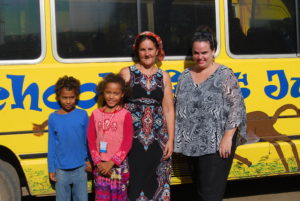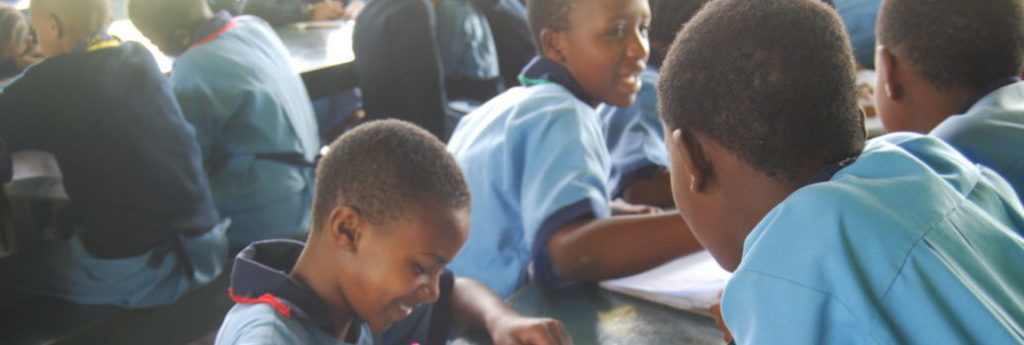My guide for my few days at the (mostly) Australian sponsored School of St Judes was Enock, a 2015 graduate. He started at St Judes as a young child and is now ready for University. One of the many things we discussed was the difference between the traditional behaviour management techniques used in Tanzanian public schools and the techniques used at St Judes. Children in Tanzania are usually beaten if they do not behave as expected. This happens at home, school and church or Madrassa. The motivation to comply is to avoid pain. At a school assembly I attended, I saw the use of school houses and group points as a way of establishing and rewarding the behaviour of this large mass of children. This may seem obvious and normal to us from Australia but after seeing such an embedded culture of physical discipline it was a delight to see that the School of St Judes is providing tangible examples of alternate methods which I describe as gamification. I had never thought of Gamification in this light and now see that the tools of play and games are a way to manage behaviour without resorting to physical punishments.
“.. When you want to change (the students’) mentality you have to deal with them psychologically and not physically… The positive interactions with students, and the bond created between me and the students, has caused even the chronic absentees to start attending my lessons.”
I also observed gamification used very effectively in an ICT lesson. Each child was asked to complete a small writing task and invited to play educational games once the task was completed satisfactorily. The children were motivated to finish the writing task quickly. The two students who received the highest scores in the game received a gold star and were invited to leave the room first at the end of the lesson.

